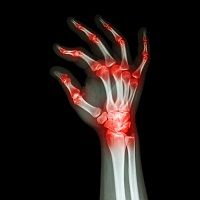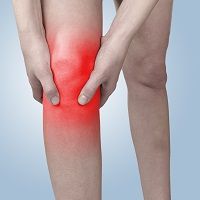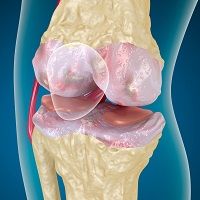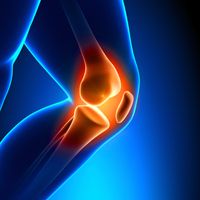What We Learned About Rheumatoid Arthritis in 2015
It’s painful, debilitating, and can be accompanied by a slew of other complications; but luckily, this year has been no exception when it comes to better understanding rheumatoid arthritis.

It’s painful, debilitating, and can be accompanied by a slew of other complications; but luckily, this year has been no exception when it comes to better understanding rheumatoid arthritis.
The systematic inflammatory disease affects around 1.5 million Americans, according to the Centers for Disease Control and Prevention (CDC). There is no cure, but treatment options keep getting better and better.
Read on to catch up on the key rheumatoid arthritis findings over the past year, and stay up-to-date with the MD Magazine Rheumatoid Arthritis condition center.

Cardiovascular disease is the most common comorbidity in patients with rheumatoid arthritis and the reason behind it may have finally been identified.

A reliable new blood test can test for rheumatoid arthritis years in advance. With about 1.5 million Americas suffering from the debilitating condition, according to the Centers for Disease Control and Prevention (CDC), early detection is key.

Study results show that mood, whether positive or negative, may impact the discomfort associated with rheumatoid arthritis.

In addition to recent research that used genetic factors to predict the severity of rheumatoid arthritis, another development suggests that patients have an increased risk of a surprise heart attack even without showing symptoms.

Rheumatoid arthritis (RA) patients are less likely to be protected from hepatitis B than their non-RA counterparts, according to research presented at the European League Against Rheumatism (EULAR 2015) Annual Congress earlier this year in Rome, Italy.

Women with rheumatoid arthritis are at a substantially higher risk of mortality — especially those with cardiovascular and respiratory conditions.

Leflunomide, marketed under the brand name Arava, is a safe and effective treatment for early rheumatoid arthritis, according to a study in International Journal of Rheumatic Diseases.

For decades researchers have been trying to identify the source of the correlation between rheumatoid arthritis and fatigue — a common symptom of the disease. However, the reason it may have remained a mystery for so long could be because there isn’t one.

A vaccine style approach to therapy for rheumatoid arthritis could soon treat the debilitating disease, according to results of a study published in Science Translational Medicine.

Early diagnosis continues to be one of the biggest challenges associated with rheumatoid arthritis; however, researchers have identified a genetic marker that can predict tissue damage severity that could lead to better treatments.

Rheumatoid arthritis patients may have a more difficult time quitting smoking than their non-smoking counterparts, according to research published in the journal Arthritis Care & Research.

When severe joint damage is present, total knee arthroplasty surgery may be the best approach to regain comfort and function. Researchers analyzed procedure outcomes in two groups of patients.

Although many patients with arthritis have a difficult time engaging in high-intensity exercises, that may be the very thing they need to reduce their risk for cardiovascular complications associated with the disease.

As needed treatment rituximab regimens lead to delayed retreatment and disease flare up in a large proportion of patients with rheumatoid arthritis, according to findings published in the Journal of Clinical Rheumatology.

Emergency service members who worked at the World Trade Center in the months and years following September 11 have an increased risk for developing rheumatoid arthritis and other rheumatic diseases.

Once patients with rheumatoid arthritis achieve remission, they can safely discontinue treatment with disease-modifying anti-rheumatic drugs (DMARDs).

Increases in rheumatoid arthritis treatment costs over the past decade was linked to lower hospitalization rates, better functional status, lower incidence of work disability, and offset a large portion of increased drug costs, according to an analysis published in the Annals of the Rheumatic Diseases.